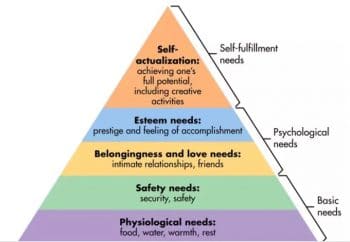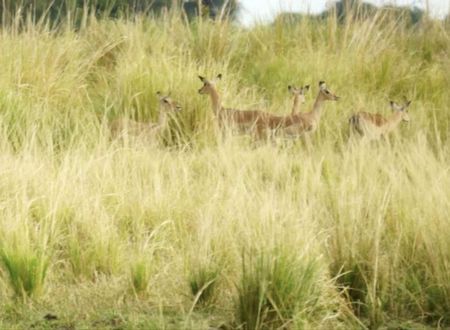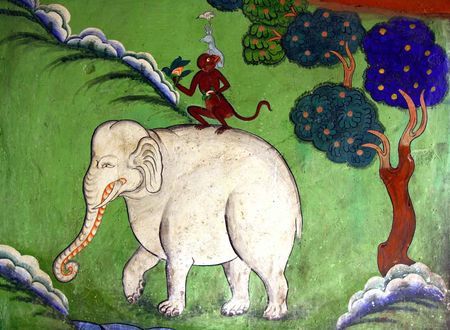We deeply seem concerned about conditioning by family, society, circumstances, and the so-called external factors but forget that self-conditioning also plays a major role in building our individuality. What I am worried about is how far and how wide the roots of self-conditioning can go unnoticed. We set a lot of targets/goals for ourselves in the form of self-expectations based on happiness/desire needs, family needs, peer pressure, etc and when we are not able to meet them, we enter into self- critic mode which ends in self-condemnation and labeling ourselves as loser/worthless/incapable. Where did this habit of self-condemnation after setting expectations of self come from? And why do they pertain to only certain situations/criteria and not others?
When animals/birds hunt for food and if they don’t get food on a certain day/path, do they not repeat the task of hunting until they are able to eat something, even if it’s not their desired meal. Doesn’t the same stand true for humans begging/daily laborers/farmers/street vendors etc too. Do they have a choice of not eating or not working? Here is where I am reminded of Maslow’s Need Hierarchy Theory which I read during my MBA days and which had left a deep impression on me regarding human psychology.
“Maslow’s hierarchy of needs is used to study how humans intrinsically partake in behavioral motivation. Maslow used the terms “physiological”, “safety”, “belonging and love”, “social needs” or “esteem”, and “self-actualization” to describe the pattern through which human motivations generally move. This means that in order for motivation to arise at the next stage, each stage must be satisfied within the individual themselves. Additionally, this hierarchy is a main base in knowing how effort and motivation are correlated when discussing human behavior. Each of these individual levels contains a certain amount of internal sensation that must be met in order for an individual to complete their hierarchy. The goal in Maslow’s hierarchy is to attain the fifth level or stage: self-actualization.” 1
As far as the Basic needs of food, clothing, and shelter aka physiological needs are concerned, ego is not so fully developed here since these come under survival instincts. But as we go up to the top of the pyramid, we start asking and expecting more, comparison and benchmarking start and so does self-criticism and self-condemnation on non-achievements. We just fill our stomachs now by gulping down the food so we can spend more time at the upper levels of the pyramid. We have higher expectations of ourselves and complicate lives.
Why can’t we replicate our food gathering habits or behavior and be happy with whatever little we get that day, to other hemispheres of life? Who knows our hunting/daily labor activity might one day land us with a buffet. But starting out on the hunt expecting a buffet places a huge burden on our shoulders and even if it’s a buffet that we can easily achieve, we should also have the capacity to digest it. If we set our expectations as far as procuring the food or in other words finishing the job at hand, what food we get shouldn’t play much of a role or upset us since we intentionally place ourselves at the lower levels of the pyramid where we are the most humble and happy.
The same goes for spirituality and faith. Keeping it at the survival lane rather than moving it to the upper lanes of the pyramid where our ego might take over is also not a bad idea. After all, as food is for body energy, Yoga and Meditation are first and foremost food for physical and mental well-being. Eating them in smaller chunks rather than trying to gulp it down expecting super energy and results, might bring better results. Our very own Black Lotus Meditation App is built on a similar concept of life by the day and is doing a good job towards this end by training us only for day-to-day hunting rather than targeting the prey. Since Meditation inherently is a path of self-discovery, who knows slowly we might discover our own hidden latent resources, which in turn unwinds us of all our years of conditioning. As Riddhima Sharma rightly pointed out in her article, Believe in Yourself !, “There is only one unique me in the entire creation. Be it Beautiful, Ugly, or Naughty.”
Notes:
- https://en.wikipedia.org/wiki/Maslow%27s_hierarchy_of_needs
- https://www.simplypsychology.org/maslow.html
Image Credits : Unsplash










Comments & Discussion
18 COMMENTS
Please login to read members' comments and participate in the discussion.